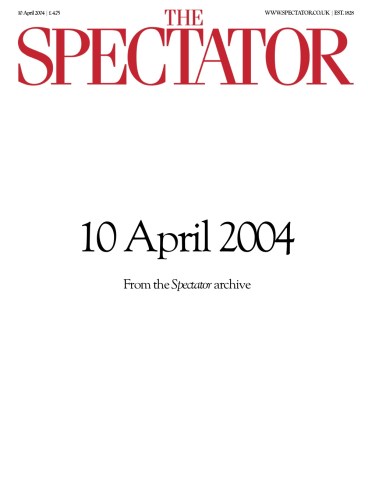One of the great Russians
The Priest Who was Never Baptisedby Nikolai Leskov, translated by James MuckleBramcote Press, 81 Rayneham Road, Ilkeston, Derbyshire, DE7 8RJ, £13.95, pp. 216, ISBN 1900405121 In 1936 Stalin walked out of the opera Lady Macbeth of Mtsensk which for two years had been performing with great success in Moscow and Leningrad. He objected that it

